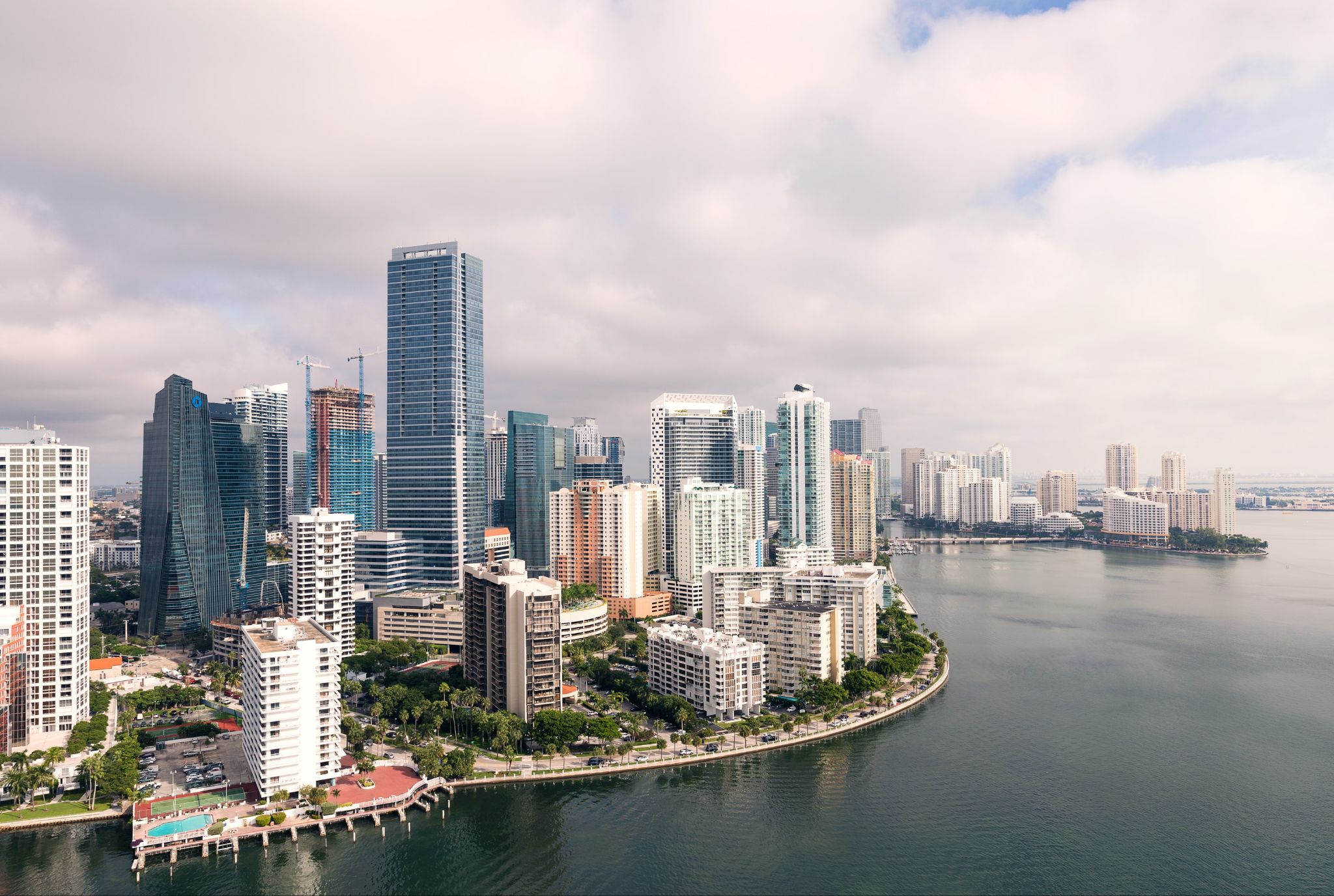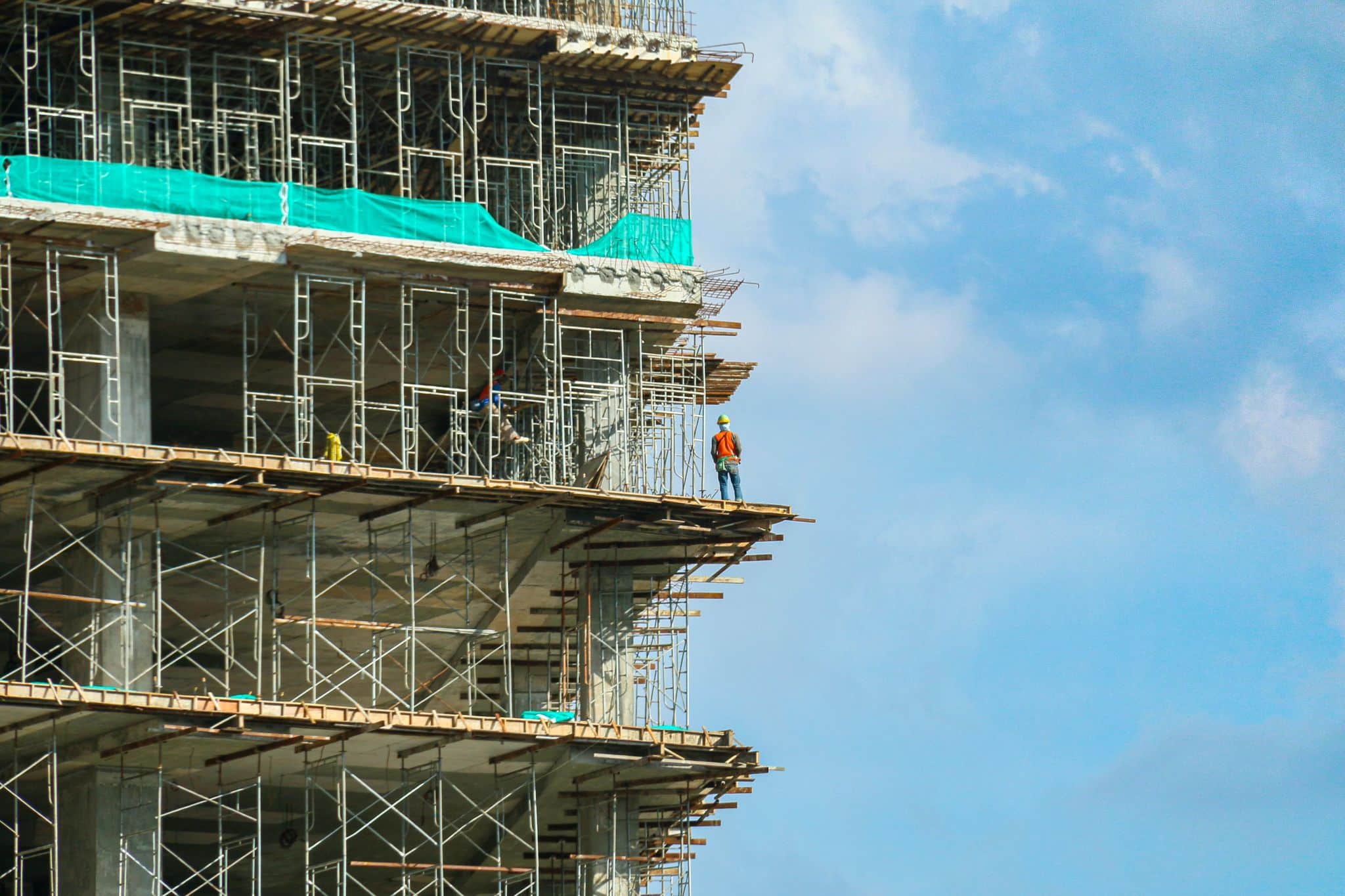The real estate market is steadily growing, and it’s projected to hit $637 trillion by the end of 2024. With changing consumer preferences, evolving economic landscapes, and the rise of new technologies, the market shows no signs of slowing down.
The real estate market is massive, and staying competitive can mean more financial benefits. One of the most effective ways to do so is by following all the trends and understanding factors that influence the market, like urbanization, supply, and demand.
In this article, you will learn about five significant factors that will shape the real estate market in 2024.
Demand
Demand in the property market is usually affected by:
- Interest rates. As rates rise, mortgage rates typically increase as well, making homes less affordable.
- Demographics. Housing demand often depends on generational trends — like Millennials finally being able to settle down and ageing Baby Boomers.
- Regional trends. Regional population and economic growth can vary from one city to another.
- Job availability. The more jobs there are, the more opportunities people have to earn money and spend it on housing.
- Supply levels. It has a direct correlation to price tendencies. If the supply is low, the prices might be higher than they are usually in an area, and vice versa.
Demand for real estate Dubai and other regions will remain strong in 2024, even as price growth decelerates. According to Zillow’s forecast, home prices will continue to rise and hold steady in 2024 with more homes for sale.
Here are a few reasons why demand will stay strong:
- Low interest rates. Interest rates are anticipated to remain low.
- Remote work. This trend has been accelerated by the COVID-19 pandemic. It also made people realize they can work online from anywhere with an internet connection.
- Millennial demand. Millennials are the largest generation in history. Being in their 30s, they are finally entering their prime years for buying property.
- Economic recovery. Investors gain more confidence as most of the world’s economies are bouncing back from the pandemic and armed conflicts.
These factors suggest that housing demand will remain robust in 2024.
Urbanization

https://unsplash.com/photos/aerial-photography-of-high-rise-buildings-near-sea-mqpawAQXRyA
Over half of the world’s population lives in urban areas, and this number is projected to grow to 70% by 2050. The trend of urbanization and migration can impact housing demand.
The cities like Miami are undergoing an urban landscape renaissance. Most urban areas are being revitalized with mixed-use developments, creating vibrant communities.
When it comes to planning, most cities choose a more sustainable approach to urban planning. Some changes include the development of new public transportation links, cultural hubs, and green spaces. Urbanization is powered by people seeking an inclusive and dynamic urban lifestyle with proximity to work and fun places.
Real estate demand in cities will rise as more people relocate to urban centers, looking for better pay. It can lead to a rise in property prices and a shortage of available housing options.
Affordability
As more properties go up for sale and inflation slows down, housing prices and mortgage rates should stabilize (or even go down) in 2024. Here are some aspects influencing real estate affordability:
- Supply and demand dynamics. When the supply of homes outpaces demand, prices may stabilize or even decline, improving affordability. Government policies, population growth, and economic conditions are some of the factors affecting supply/demand dynamics.
- Job market and income levels. Price-to-income ratio is one of the measures you can use to estimate one’s house-buying abilities. Areas with robust job growth and higher wages tend to have better housing affordability compared to regions with stagnant job markets.
- Interest rates and mortgage availability. Mortgages can become more affordable with lower real estate interest rates. As monthly payments decrease, more people will be able to afford to invest in real estate.
Housing affordability is predicted to improve, and mortgage rates are expected to decline in 2024. Bankrate’s experts forecast that the wheels of progress will turn slowly, with mortgage rates staying within the 6% range and falling to 5.7% by the end of 2024.
Technology

https://www.pexels.com/photo/a-man-using-virtual-reality-headset-7432039/
The concept of smart buildings wouldn’t be possible without technological advances. Automation and sensor systems provide enhanced efficiency, convenience, and sustainability in smart buildings. The entire property development chain can benefit from technologies like machine learning. Data analytics and virtual tours opened doors to the new era of real estate commerce.
From construction management and land acquisition to tenant experience, digital tools are improving decision-making and streamlining processes. These technologies are likely to have the biggest impact on the real estate industry in 2024:
- Cybersecurity. With the rise of cyber crimes, companies will want to use technologies to protect their sensitive data from theft, and the real estate sector is no exception.
- Property management. Data-driven, real-time property insights enable owners to optimize rent, understand tenants’ needs, and improve maintenance.
- Virtual reality (VR) and augmented reality (AR). They can help improve the work efficiency of agents and charge less by enabling them to give virtual tours and conduct remote client negotiations.
- Artificial intelligence (AI). By removing manual tasks, it can accelerate property processes like predictive analysis of its values and investment profitability research.
Technologies like VR and AR will become more popular in the real estate sector in 2024.
Sustainability
As the world’s focus shifts towards sustainability, so does the real estate realm. Smart homes equipped with energy-efficient technologies are gaining traction. Consumers are looking beyond aesthetics — they want homes that align with their environmental values. From solar panels to smart thermostats, these eco-friendly features are the future of housing.
The process of sustainable property development incorporates several eco-friendly features that start at the design stage, persist throughout construction, and continue during maintenance. It includes:
- implementing energy-efficient systems;
- using renewable energy sources;
- utilizing recycled materials;
- optimizing water usage.
Sustainability is important for a new generation of buyers coming into the market. It’s less harmful to residents’ health, more energy-efficient, and produces fewer costs. Sustainable homes will generate premiums in 2024.
To Sum Up
There are a few things to be excited about in 2024, and the real estate market is one of them. Considering the continuous trend for urbanization, sustainability, and technologies, the 2024 property market will steadily appreciate. The affordability of real estate might improve thanks to lower mortgage rates, while the supply and demand for housing are likely to stay the same or rise in some regions.

